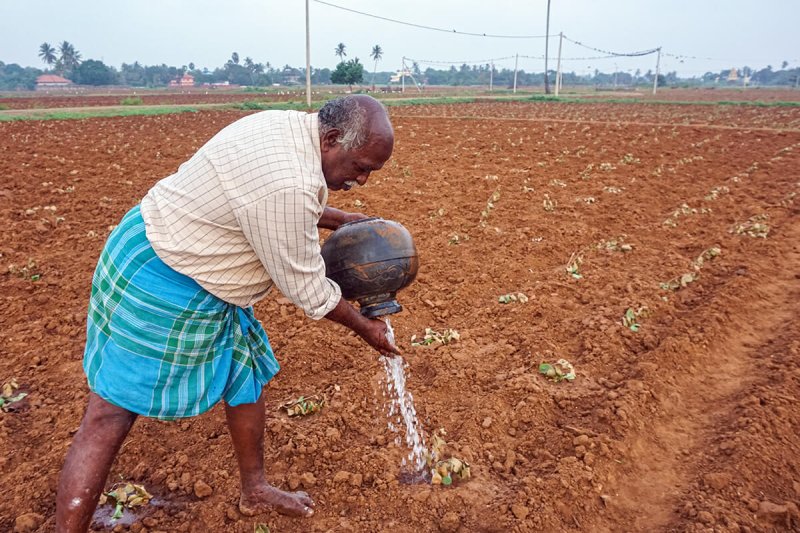Sri Lankan President Gotabaya Rajapaksa promised in his 2019 election campaign to transition the country’s farmers to organic agriculture over a period of 10 years.
The result was brutal and swift. Against claims that organic methods can produce comparable yields to conventional farming, domestic rice production fell 20 percent in just the first six months.
Sri Lanka, long self-sufficient in rice production, has been forced to import $450 million worth of rice even as domestic prices for this staple of the national diet surged by around 50 percent. The ban also devastated the nation’s tea crop, its primary export and source of foreign exchange.
…
As Sri Lankan crop yields have plummeted, exactly as most mainstream agricultural experts predicted they would, the fertilizer ban’s leading advocates have gone silent.
Vandana Shiva, an Indian activist and ostensible face of anti-modern agrarianism in the global south, was a booster of the ban but turned mute as the ban’s cruel consequences became clear.
Food Tank, an advocacy group funded by the Rockefeller Foundation that promotes a phase-out of chemical fertilizers and subsidies in Sri Lanka, has had nothing to say now that its favored policies have taken a disastrous turn.































